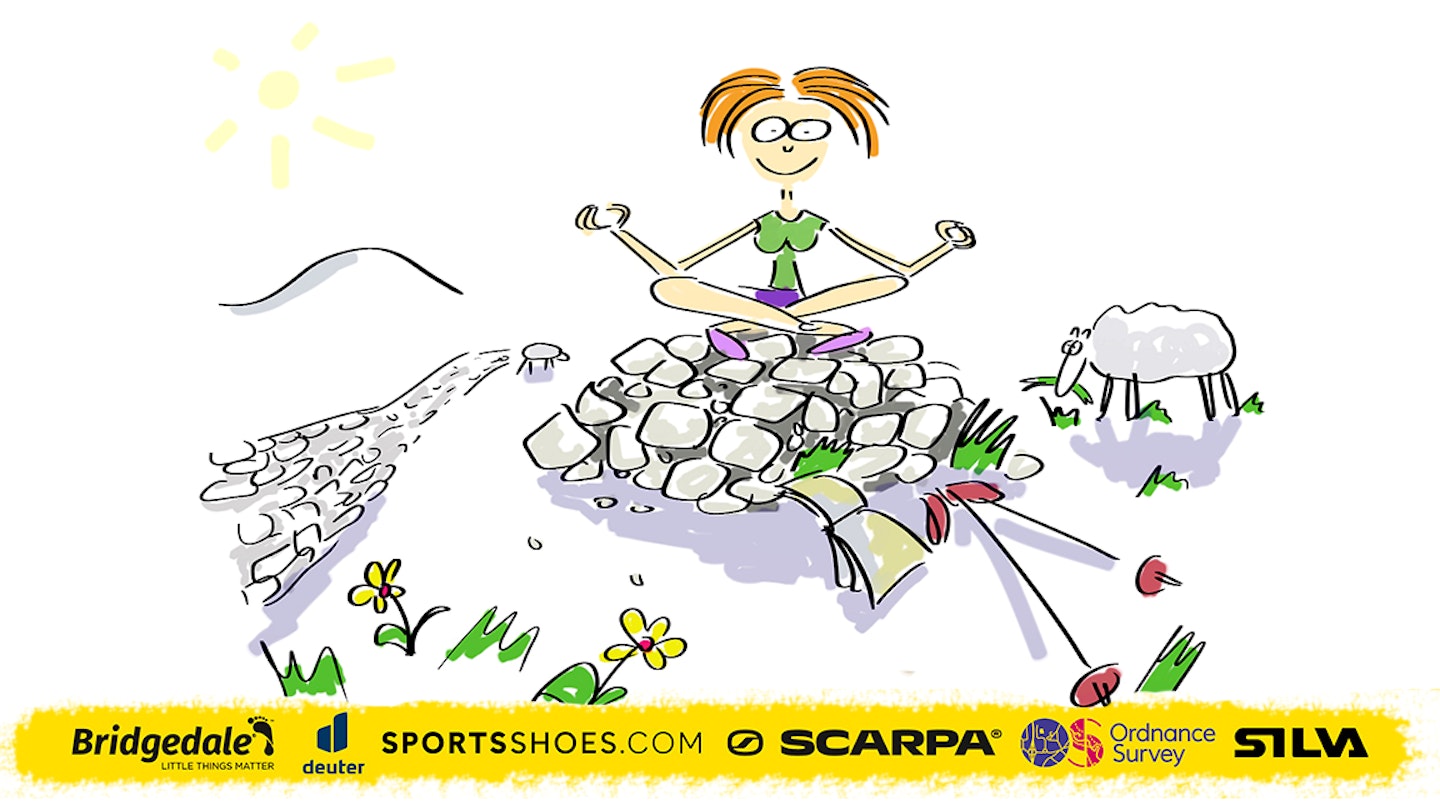Running recovery is an important part of running as it reduces the chance of running injury, as well as sets up your running mojo for continuing your running journey. As part of the Run 1000 Miles Challenge, we take a look at the best practices to ensure a healthy post-race recovery.
You have been training and planning over the last 12 months for the moment you cross that finish line. Evenings out have been cancelled, holidays missed, sacrifices have been made at every stage, and all for those few hours of racing and the sense of achievement as the medal hangs around your neck.
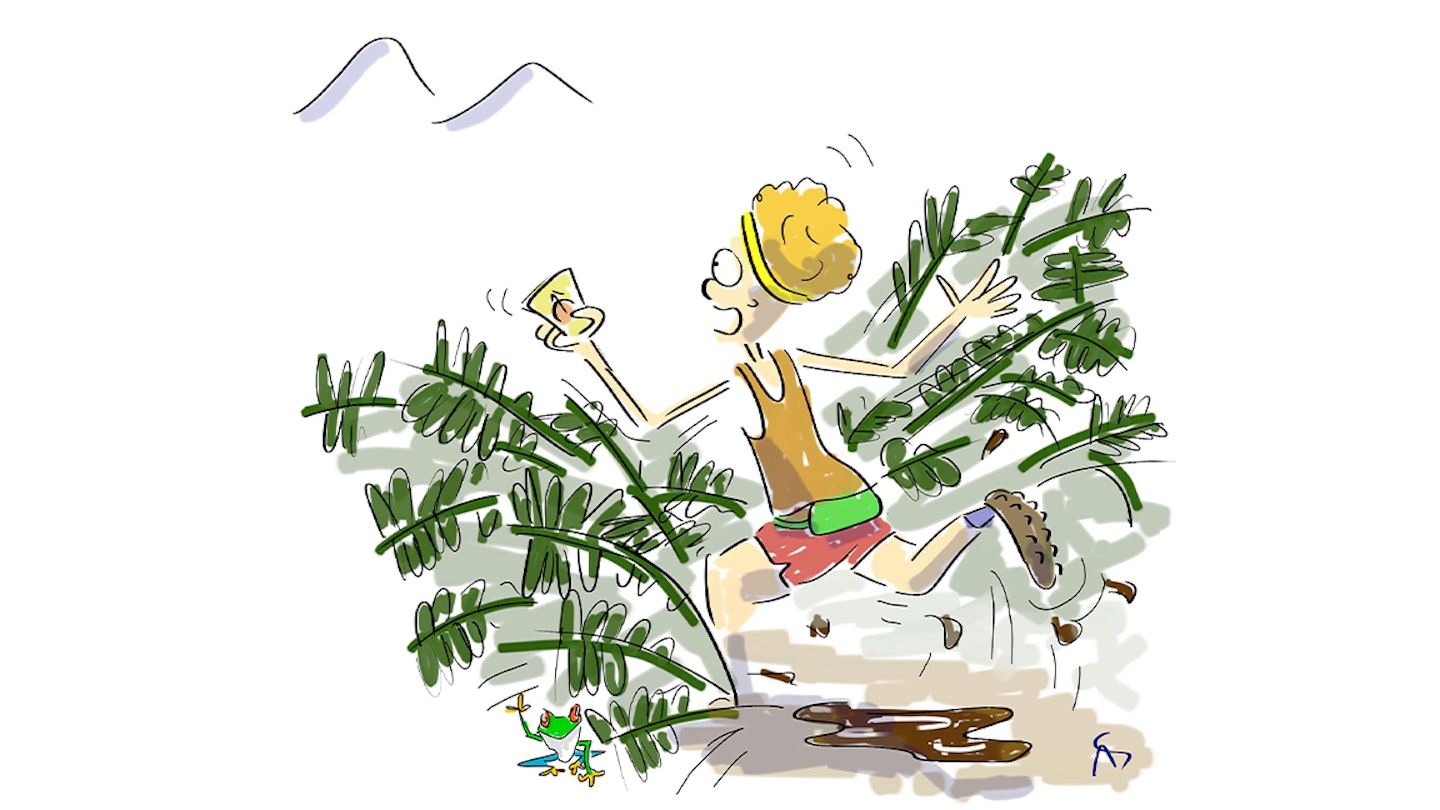
After hugs, laughter and tears with your loved ones and supporters, you waddle awkwardly to the car, trying to imagine how just a few moments before you were actually running. As you drive home away from furore, you are suddenly hit with the realisation of the void now in front of you! Don't worry, we've all been there.
But before you spring into action planning your next big challenge, it's important to take a moment to prioritise your recovery. Here's ultra running coach Karin Voller with the essential recovery tips you need to know...
Running recovery tips from an expert
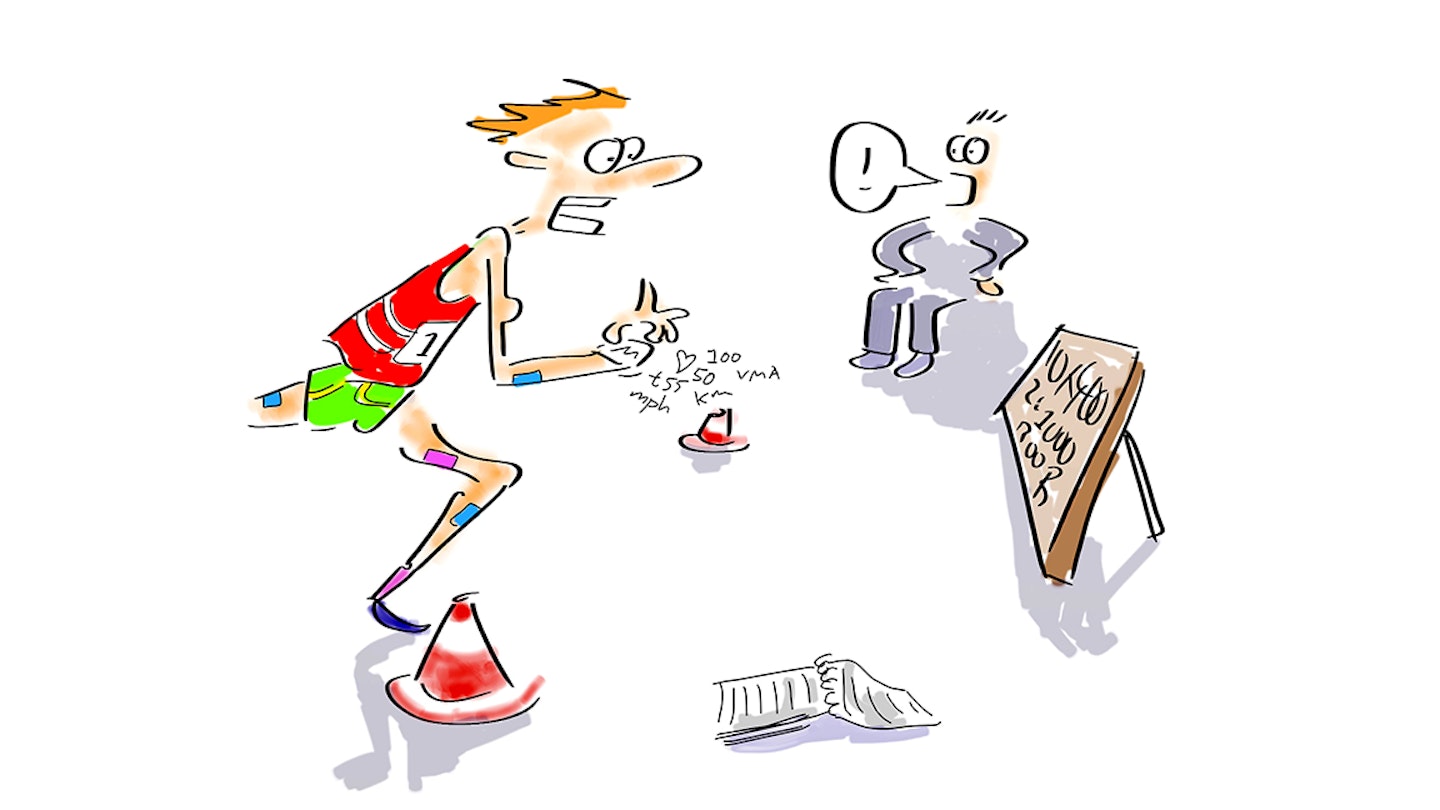
Recovery from a big event can be as mental as it can be physical. Just as the taper plays havoc with one's mind, so does post-race feelings. Its very normal to feel post-event blues, an emptiness that makes it tempting to rush into the next event without a huge amount of thought. So how do we tackle this?
1. Have both long- and short-term running goals
When I am coaching clients, I like them to set short term goals to achieve in the next two to three months. In addition, I always ask mid-term goals for the next 12 months, and then lifetime goals.
By constantly modifying these goals, you'll find that after any short-term event gets ticked off, there isn’t quite such a huge hole left behind, as each single race is a cog in a bigger wheel.
2. Focus on physical recovery
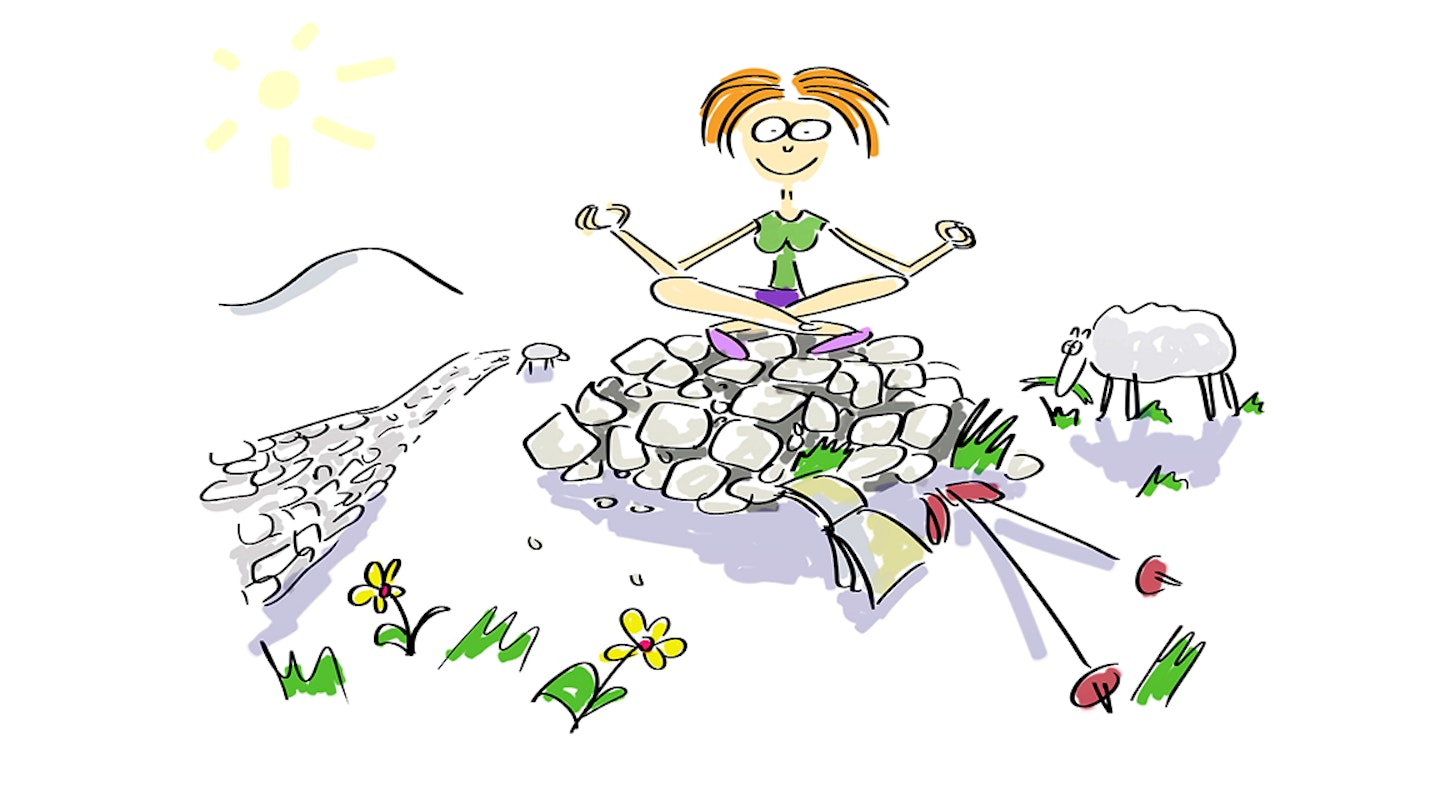
Use this time to do the best thing for your body, and really listen to what it needs. Recovery can be very individual, but I tend to find that at the very least, it involves eating well, replacing the lost water and calories, and supplying your muscles with the necessary nutrition to repair and rebuild.
Refuel – This process should ideally start 15-30 minutes after crossing the line, whether in liquid or solid form. Very few runners adequately replace lost liquid via sweat and increased respiration during the run itself, so an electrolyte drink or gel post-run helps rehydrate.
Glycogen stores are likely depleted, so carbohydrate-rich foods and protein-rich foods to aid muscle repair are the optimal choice.
Sleep – There is a good chance that your sleep was disrupted pre-event, whether due to nerves, or the event itself meaning early mornings, late nights, or lost sleep. If you feel tired, make sure you rest. It can take several weeks to feel normal once again, so give yourself time.
Stretch – Make sure you stretch as soon as you can post run, and after the initial pain is gone, look at massage and using a foam roller. Massage has a few benefits, the first being the relaxation element. Leading up to a big race can be quite stressful, so the process of a massage can be very relaxing.
Secondly, massage helps boost circulation and blood flow, which in turn aid speedier recovery. Don’t become completely immobile, make sure you keep moving, even if this is gentle walks or swimming. Low-impact mobility work is key to ensuring a good recovery.
Rest – Some people like to take a dedicated block of time off post a race before commencing on the next running training block, while others want to capitalise on current fitness. This is highly individual, but don’t rush into another race too soon. Not every run or race can be a PB, and even top level athletes have A races, and less important B and C races.
3. Catch-up on all the things you missed out on
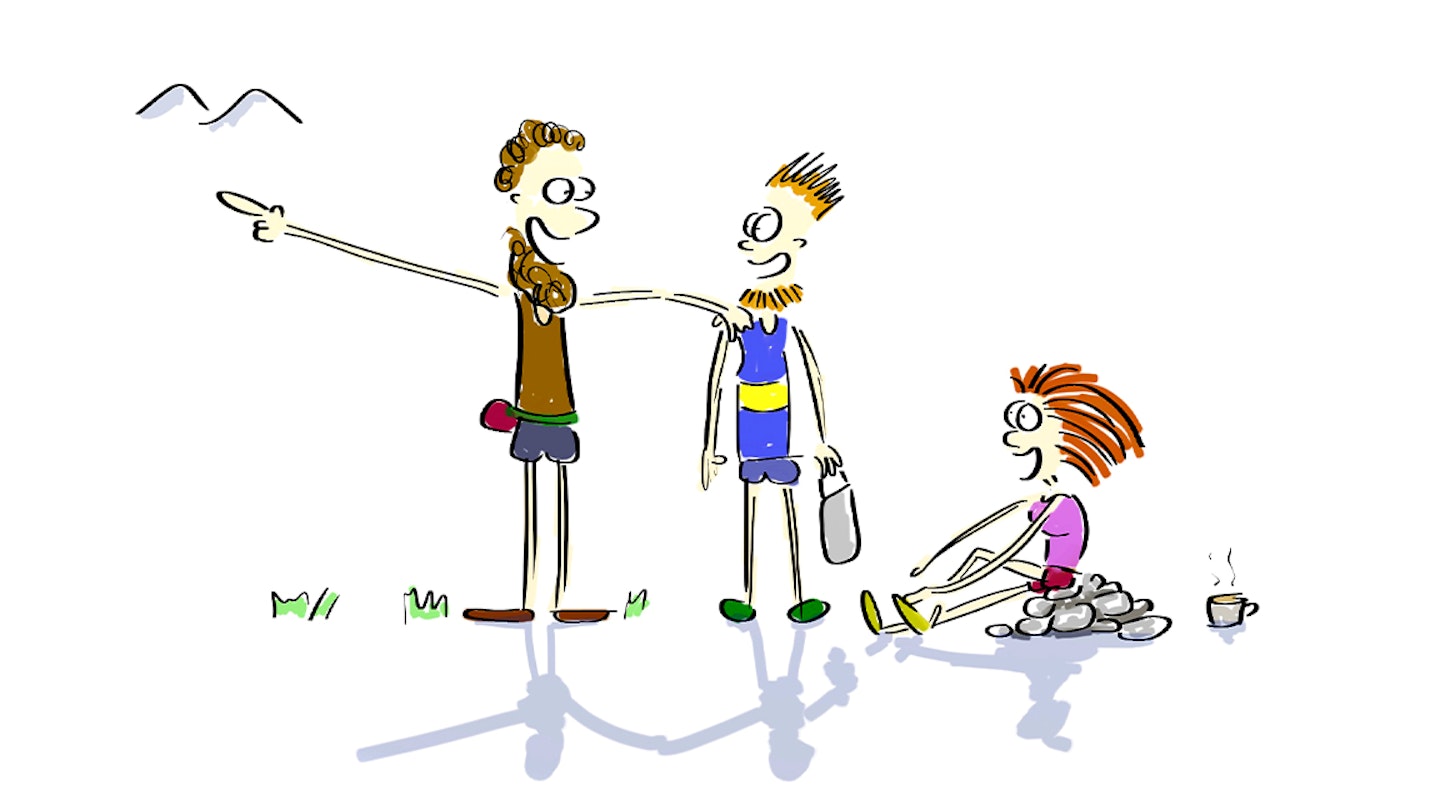
When training for a big event, sacrifices are always made. Often these are social sacrifices, so post-race it can be very rewarding to thank those people in your life who also made sacrifices to allow you to run. While it appears solitary, running often requires our friends and families to help out to allow our pursuit of the sport.
4. Debrief
I always think its beneficial after a race to debrief over what went well, and what didn’t in the build up to the race and on race day itself. Running is always a progression, and by identifying areas for improvement we can at least give ourselves the option of addressing these in the future. Be realistic and be honest. You don’t need to share this with anyone, but if you find it helpful, then do!
After a big event, it can feel like there is a bit of a vacuum in your life that was taken up with training and thinking about the upcoming race. But with some preparation, you can switch that perspective and use it towards maintaining a healthy and positive connection to running.
What is Run The Wild?
Simon James founded Run the Wild in 2013, which has now been delivering incredible trail running adventures for over a decade. Karin is one of the Run the Wild run leaders and is an expert running coach and ultra runners herself. Our running events include everything from 10km runs in the Chilterns to multi-day running holidays in the Alps. From guided runs to navigation workshops and running coaching – there is something for you wherever you are on your trail running journey!
For all the latest news, tips and gear reviews, sign up to the Trail Running Newsletter.
This article is brought to you by the official Trail Running Run 1000 Miles Challenge.

